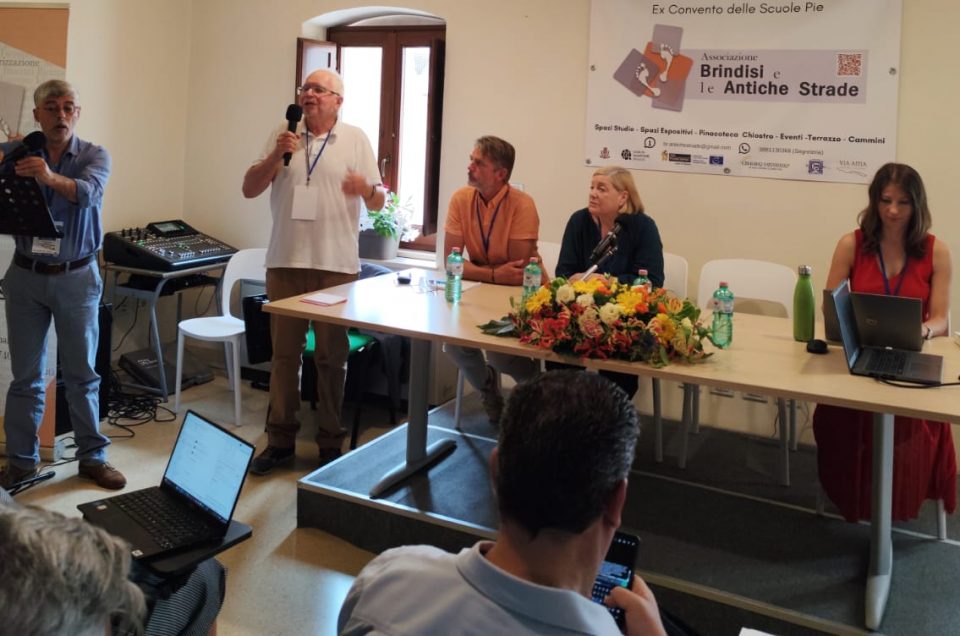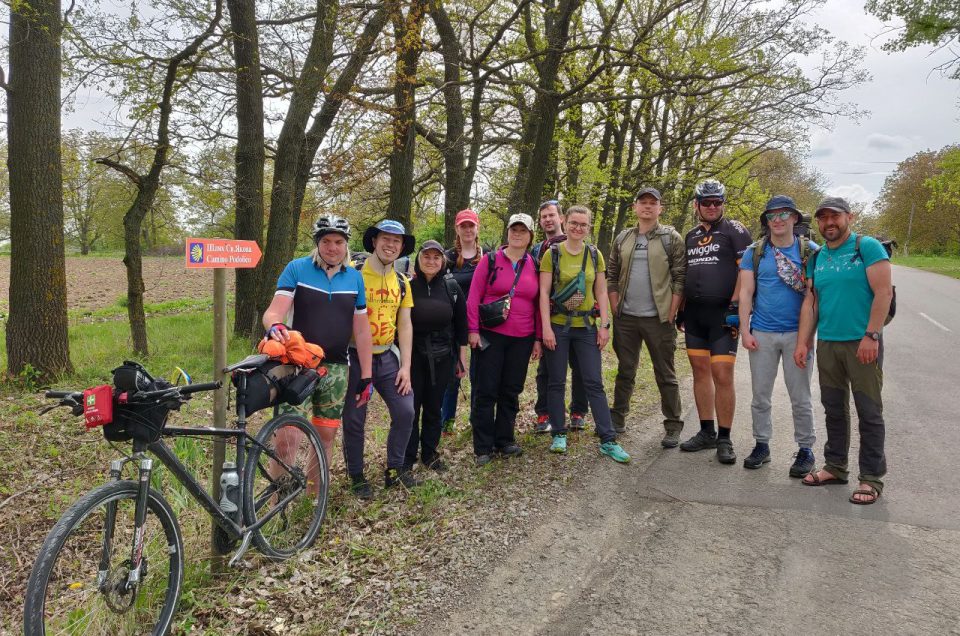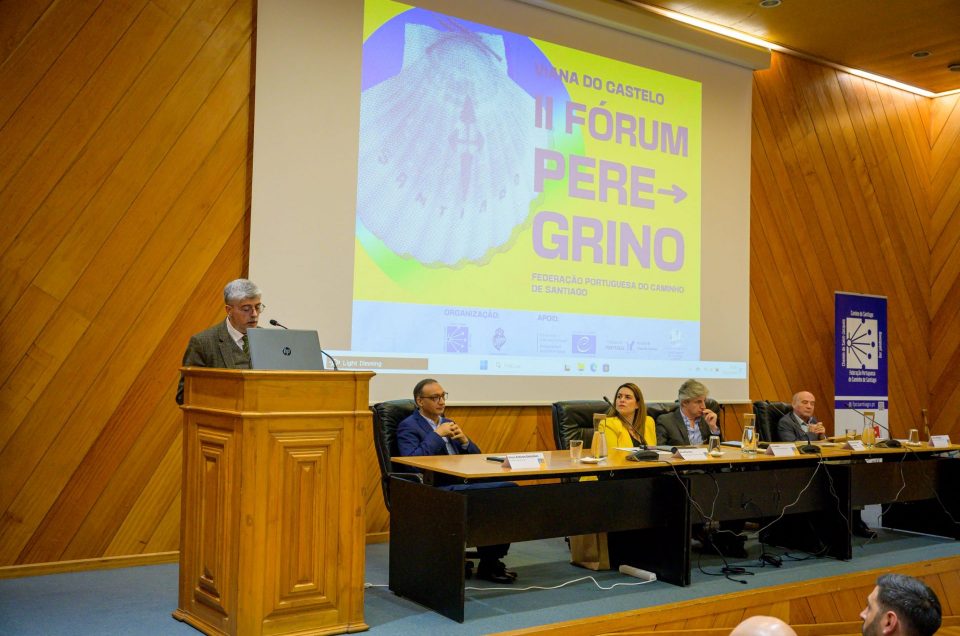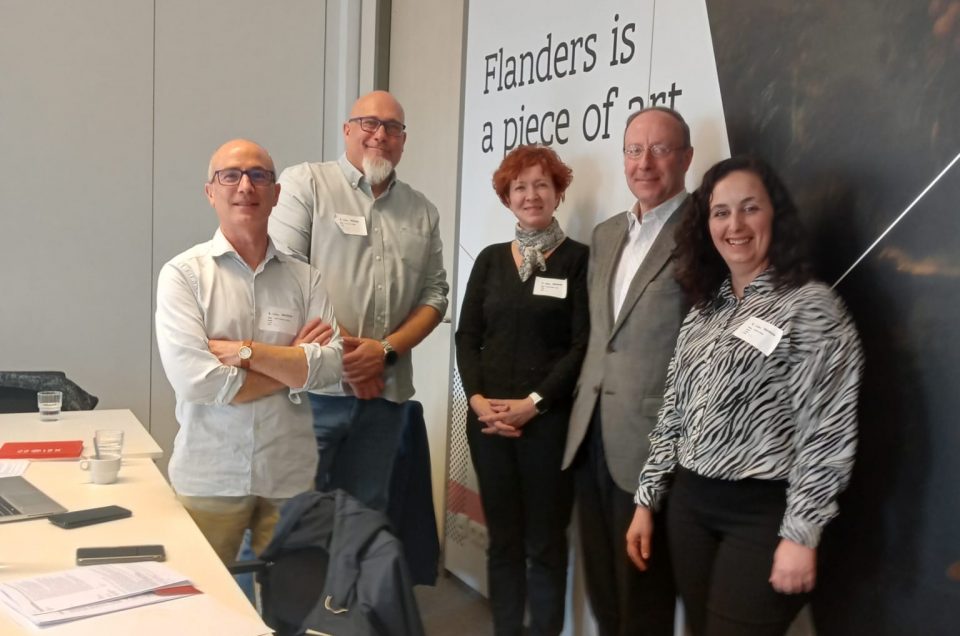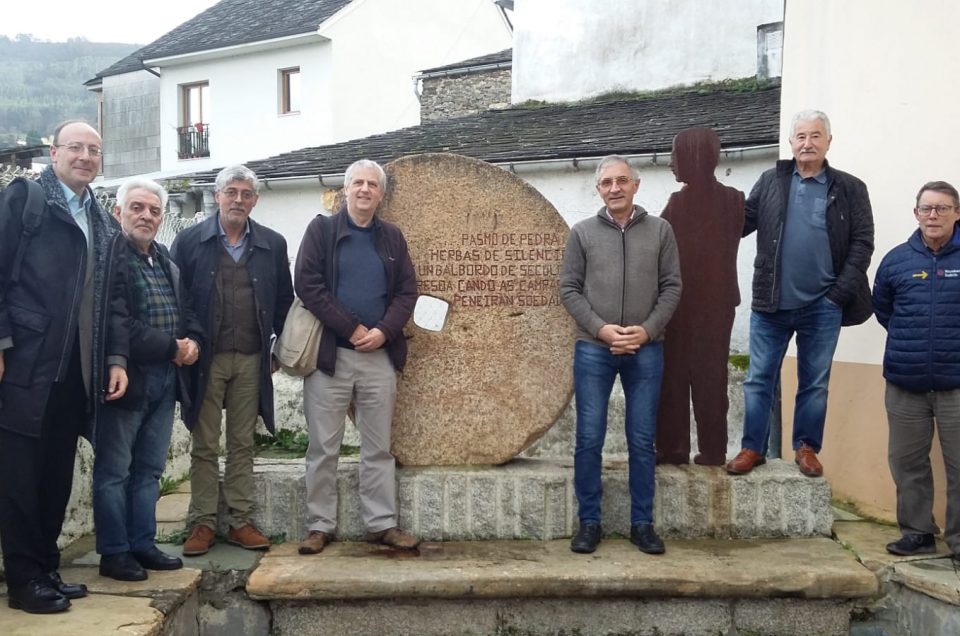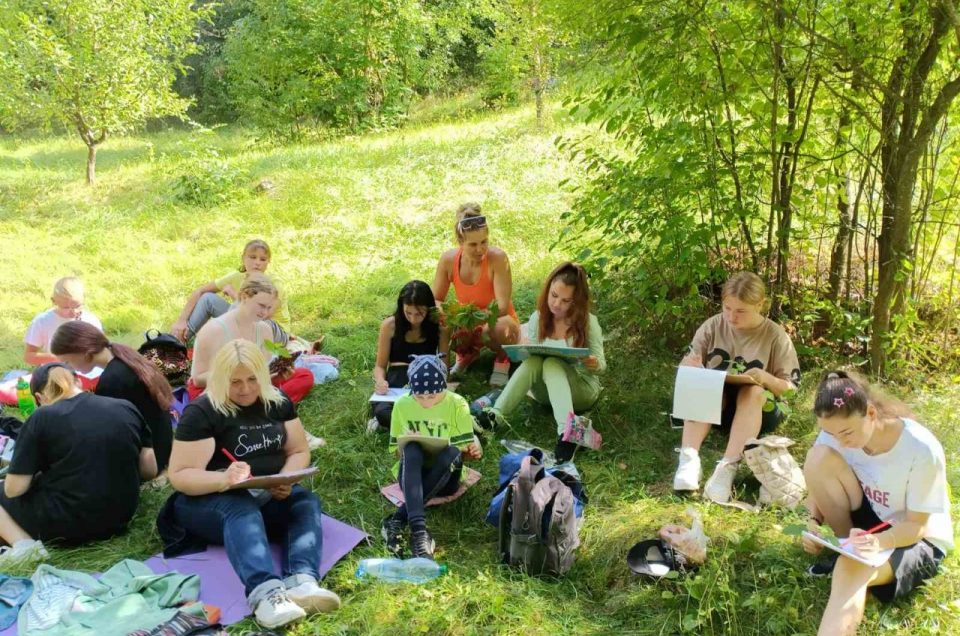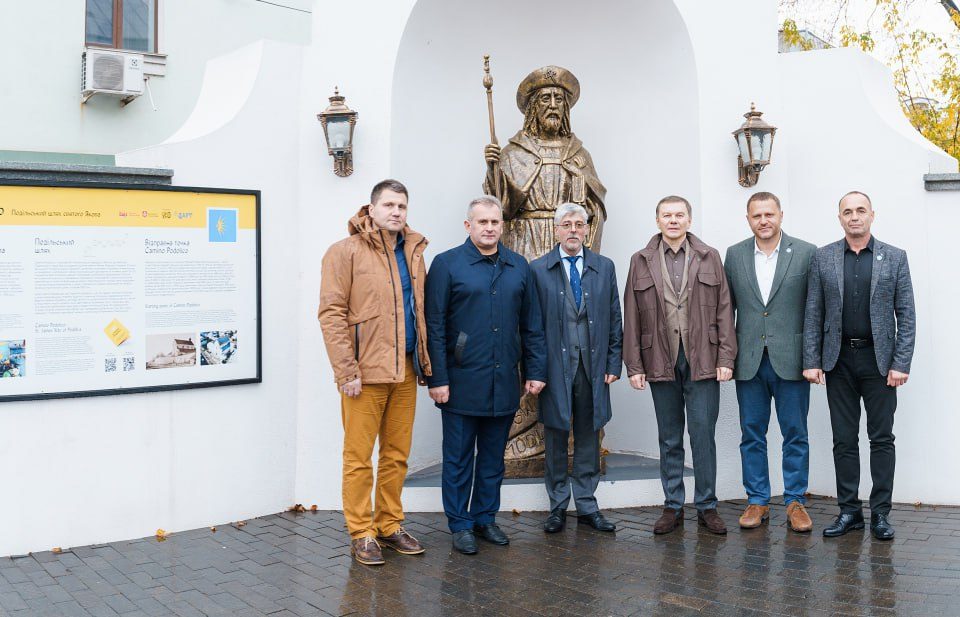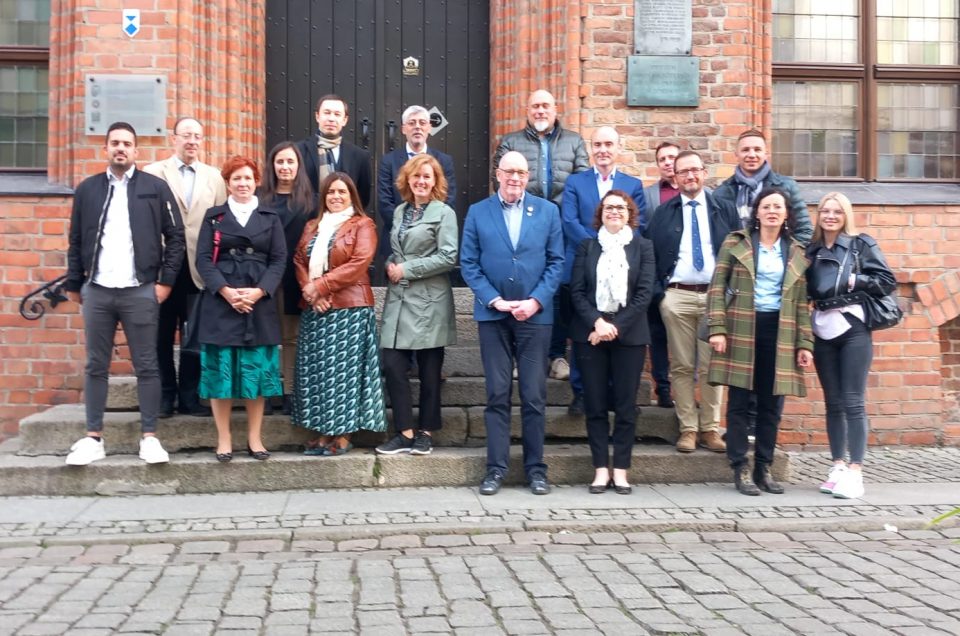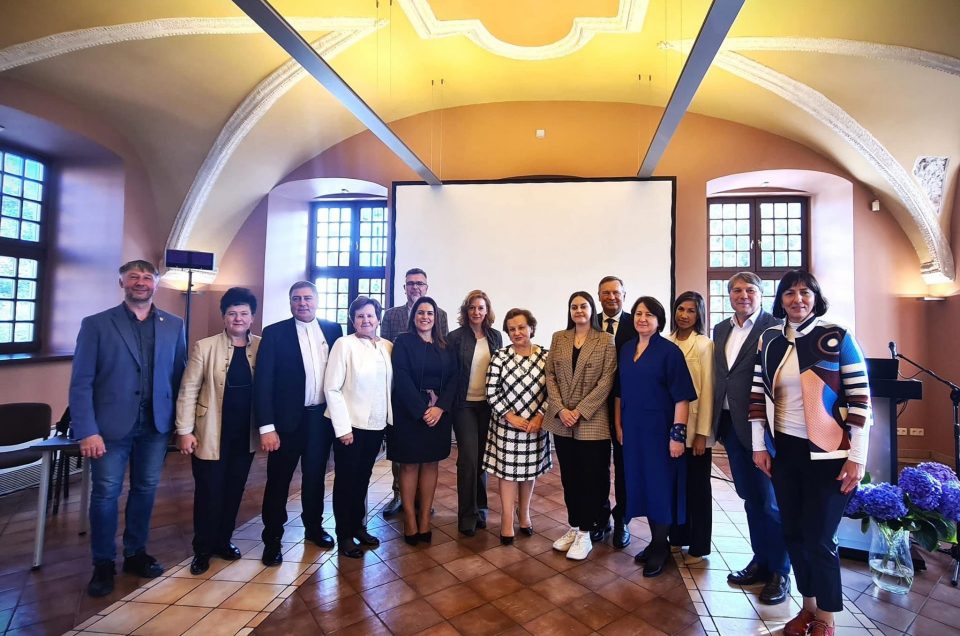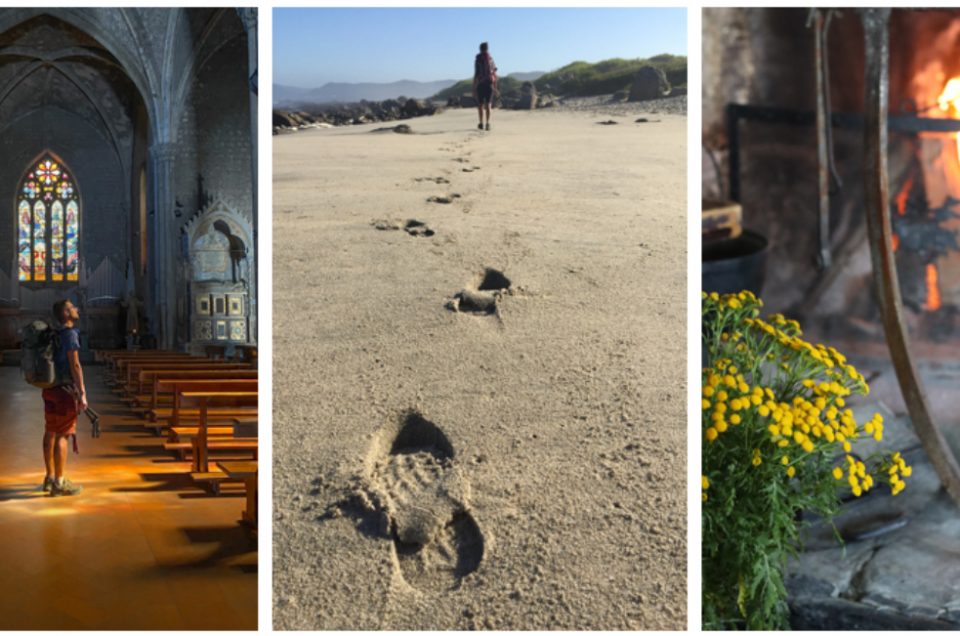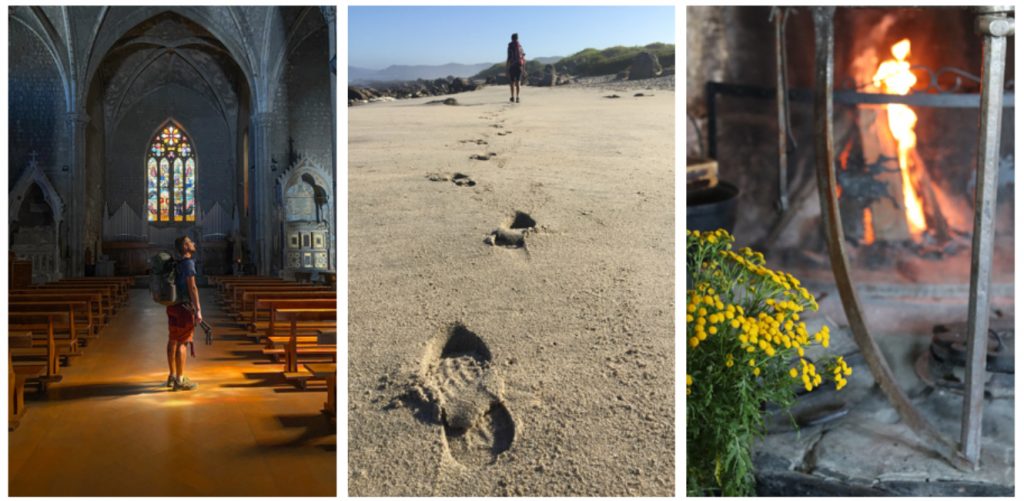The European Federation of Saint James Way has played an important role in the 11th edition of the Training Academy of the European Cultural Routes, an event of great importance at European level held from 4 to 7 June in Brindisi, Italy, with the participation of the certified cultural routes.
Ildefonso de la Campa, President of the European Federation, took part as a speaker in the first panel of the day, called “Pedestrian Routes in the framework of the European Cultural Routes”. In this panel, he shared space with other relevant personalities such as Elena Dubinina, from Via Francigena; Hans Morten Løvrød, from Route of Saint Olav Ways; and Martine Campangne, from Saint-Martin of Tours Route. During his speech, de la Campa underlined the differences between Pilgrimage and Tourism, and the importance of the Way of St. James in the promotion of European values. He also presented the main challenges for the future and the strategies for the development of the Way of St. James in Europe.
The Federation was also represented by Catarina Chaves, representative of Vila Pouca de Aguiar, and secretary of the European Federation, in the working group on “Tourism”. In this working group, Chaves shared the session with personalities such as Matteo Nardin, from the European Travel Commission; Inger Harlevi, from The Hansa; and Miguel Ángel Martín Ramos, from European Routes of Emperor Charles V, among others. Among the topics discussed was the challenge of developing non-massified pilgrimage routes, based on the historical rigour and authenticity of the territories, in a globalised tourism context.
In addition, Pilar Gómez Bahamonde, director of the Fundación Camino Lebaniego de Cantabria, participated in the working group on “Sustainability”. In this group, Gómez Bahamonde shared reflections with experts such as Stefanie Bischof, from The Hansa; Angelofabio Attolico, from the region of Apulia; and Peter Backes, from the European Route of Industrial Heritage, among others. The “Steps for LIFE” project presented was chosen as an example of good practice for the conservation of ecosystems and endangered species along the Camino de Santiago in Portugal and Spain.
Partnership agreement with Via Francigena
In the framework of the Training Academy, the European Federation of Saint James Way and the Via Francigena signed an important collaboration agreement. This agreement aims to encourage the joint promotion of both European cultural routes, thus reinforcing their presence and relevance in the cultural and touristic field at continental level.
These interventions at the Training Academy are testimony to the Federation’s commitment to the promotion and development of the cultural routes, and its prominent role in discussions and debates at European level. Once again, the EFSJW has reaffirmed its position as a relevant actor in the preservation and dissemination of Europe’s rich culture.
Training Academy 2024
The Training Academy, which took place in Brindisi, Italy, from 4 to 7 June 2024, is an initiative organised by the European Institute of Cultural Routes and in its 2024 edition by the European Association of the Via Francigena Roads, with the support of the Puglia Region and the City of Brindisi.
The theme of this edition was “European cooperation and sustainable development”, and was attended by representatives of 39 of the 47 Cultural Routes certified by the Council of Europe. The conclusions of the meeting can be consulted on the website of the Cultural Routes of the Council of Europe, highlighting their importance for the dissemination of European cultural routes.
